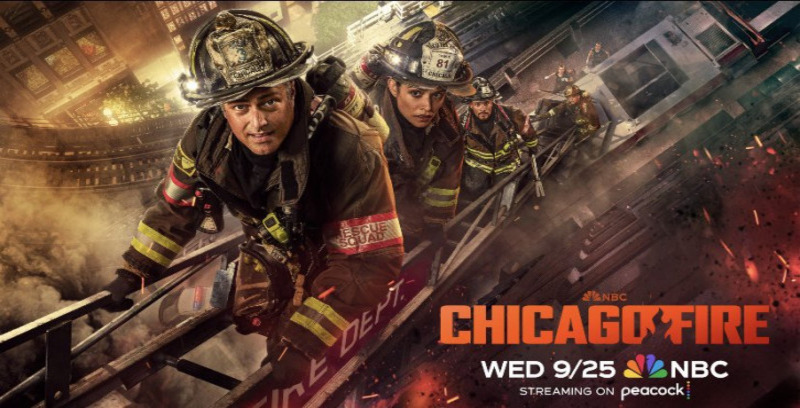
The rapid evolution of technology has transformed the way we consume, create, and share information. Students, in particular, are constantly exposed to a vast array of media, from social media platforms and online news sources to streaming entertainment and digital advertising. Without the necessary media literacy skills, they can easily fall victim to misinformation, biased reporting, and the manipulation of media messages.
By gaining media literacy, you can become a discerning and responsible consumer and producer of media content.
The Benefits of Media Literacy for Students
By cultivating media literacy skills, students can boost their:
Critical Thinking: Media literacy encourages students to question the information they encounter, analyze media messages, and think critically about the underlying agendas, biases, and perspectives presented. If someone struggles academically and plans to contact experts with a request, “Please write essay for me and explain how you did it,” choosing the right company will require some critical thinking on their part. This type of thinking is essential for academic success and informed decision-making.
Visual Literacy: In a world dominated by visual media, the ability to interpret and analyze visual information is crucial. Media literacy helps students develop visual literacy skills, enabling them to understand the symbolic, emotional, and persuasive power of images and videos.
Information Literacy: With the vast amount of information available online, students need to be able to evaluate the credibility, accuracy, and relevance of the sources they encounter. Media literacy equips them with the skills to effectively research, evaluate, and utilize information from a variety of media sources.
Digital Citizenship: Media literacy fosters the development of digital citizenship, which includes understanding online safety, privacy, and responsible digital behavior. Students learn how to live in a digital world ethically and become aware of the potential consequences of their online actions.
Media Production, Creativity, and Expression: Media literacy encourages students to not only consume media but also create their own. By exploring various media production techniques, students can unleash their creativity, express their ideas, and develop their voice in the digital realm.
Adaptability and Lifelong Learning: The digital universe is constantly evolving, and media literacy gives students the adaptability and resilience they need to get used to all kinds of changes. By developing their media literacy skills, students become lifelong learners capable of staying informed and engaged as the world around them transforms.
Strategies for Promoting Media Literacy in Schools
Fostering media literacy in schools requires a multifaceted approach. Effective strategies for promoting this literacy include:
Collaboration with Media Professionals: Partnering with media professionals, such as journalists, filmmakers, and digital content creators, can provide students with valuable insights and hands-on experience in the media industry.
Engaging Parents and the Community: Involving parents and the broader community in media literacy initiatives can help create a supportive environment for students to develop these critical skills.
Providing Professional Development for Teachers: Equipping teachers with the necessary knowledge and resources to integrate media literacy into their curriculum is essential for the successful implementation of the related programs.
Evaluating Media Sources and Combating Misinformation
In an age of information overload and the proliferation of fake news, media literacy is crucial for helping students identify credible sources. Key strategies for evaluating media sources and combating misinformation include:
Learning How to Evaluate Credibility. Media literacy equips students with the skills to critically evaluate the credibility of media sources. This includes assessing the author's credentials, the reliability of the publication or platform, and the presence of fact-checking mechanisms or transparent editorial processes.
Recognizing Bias and Propaganda.Students with media literacy skills can identify the presence of bias, whether it's political, commercial, or ideological, in media content. They learn to recognize the techniques used in propaganda and how to distinguish fact from opinion.
Fact-checking and Verifying Information. Media literacy encourages students to go beyond the initial information they encounter and actively fact-check and verify the accuracy of all the claims and statements. This involves cross-referencing multiple reliable sources and using fact-checking tools to ensure the information they consume is accurate and trustworthy.
Media Literacy and Digital Citizenship
Media literacy and digital citizenship are closely intertwined. As students explore the digital world, media literacy skills are essential for developing responsible and ethical digital behavior. Key aspects of this intersection include:
Online Safety and Privacy: Understanding the importance of online safety, protecting personal information, and maintaining privacy in the digital world.
Cyberbullying Prevention: Developing the skills to recognize, respond to, and prevent cyberbullying, fostering a safer online environment.
Responsible Social Media Use: Promoting the responsible and ethical use of social media, including the awareness of the potential consequences of one’s online actions.
The Future of Media Literacy Education
As the importance of media literacy continues to grow, educational institutions are recognizing the need to integrate it into their curricula. Forward-thinking schools and universities are incorporating media literacy modules, workshops, and dedicated courses to ensure that their students are equipped with the necessary skills to thrive in the digital age.
One emerging trend in media literacy education is the emphasis on interdisciplinary approaches. By integrating media literacy across various subject areas, such as English, social studies, and STEM fields, students can apply their critical thinking and digital skills in diverse contexts, reinforcing their understanding and relevance of this concept.
Additionally, the incorporation of hands-on, project-based learning opportunities is becoming increasingly common in media literacy education. By engaging students in the creation of their own media content, such as videos, podcasts, or interactive websites, educators foster a deeper understanding of the production process and the inherent biases and considerations that shape media messages.
In a world where digital media plays a central role in shaping our understanding of our surroundings, media literacy is not just a skill, but a fundamental requirement for active and engaged citizenship. By empowering yourself with media literacy as a student, you can join a generation of critical thinkers, responsible digital citizens, and informed decision-makers who are fully equipped to navigate the complexities of the 21st century.












